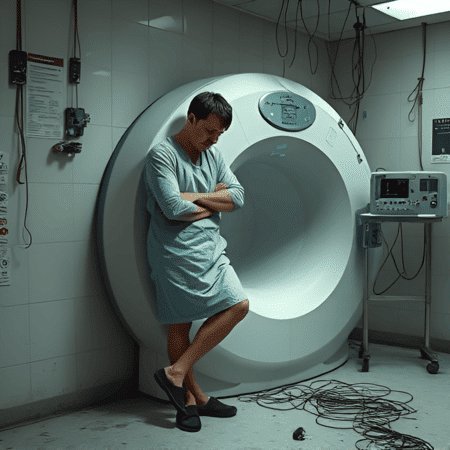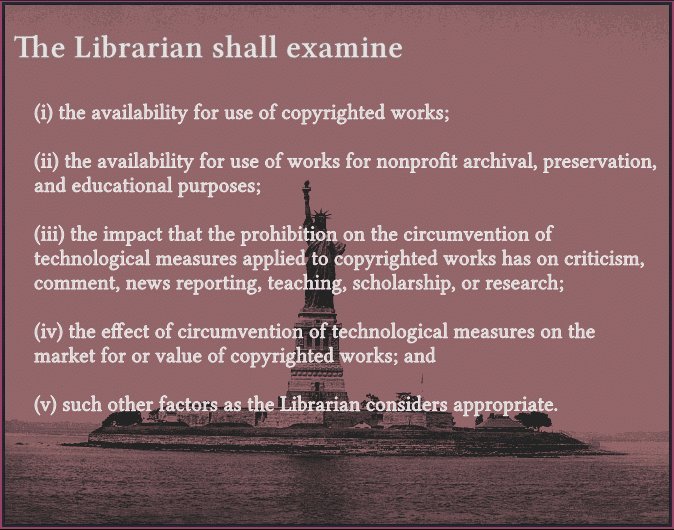A federal court has solidified the right-to-repair for critical medical equipment, rejecting manufacturer challenges to DMCA exemptions. Judge Beryl Howell's ruling affirms that circumventing software locks for device maintenance constitutes fair use, prioritizing healthcare functionality over copyright restrictions. This decision safeguards third-party repair access to life-saving technology.

The Digital Millennium Copyright Act (DMCA) has long been a double-edged sword: protecting copyrighted software while restricting access for legitimate repairs. Its anti-circumvention provisions typically forbid bypassing Technological Protection Measures (TPMs)—like those preventing unauthorized copying of game consoles. However, a pivotal federal court ruling has now carved out essential breathing room for healthcare technology maintenance, affirming that repairing life-saving medical devices falls squarely under fair use protections.
At the heart of the case was the Medical Device Exemption, established in 2021 and renewed in 2024 by the Librarian of Congress. This exemption permits healthcare facilities and independent service organizations (ISOs) to circumvent TPMs on medical devices—such as MRI machines, ventilators, and patient monitors—for diagnosis, maintenance, and repair. Medical device manufacturers AdvaMed and MITA fiercely opposed the exemption, arguing it threatened patient safety, compromised intellectual property, and unfairly benefited commercial competitors. They sued the Library of Congress, claiming the exemption violated the Administrative Procedure Act.

In a decisive ruling, U.S. District Judge Beryl A. Howell rejected the manufacturers' arguments, methodically upholding the Librarian of Congress's application of fair use doctrine (17 U.S.C. § 107). Her analysis focused on four critical factors:
- Purpose and Character of Use: Repairing devices to restore functionality is "transformative," going beyond the software's original purpose. While commercial, this aspect is outweighed by the critical nature of maintaining medical equipment.
- Nature of the Copyrighted Work: Software in medical devices serves primarily functional and informational roles—not expressive or creative ones—making it more amenable to fair use.
- Amount and Substantiality Used: Copying entire software packages is justified when strictly necessary for repair, especially given the transformative purpose.
- Market Effect: ISO repairs don’t replace the market for the original software, which has "no independent value separate from the equipment." The FDA reinforced that ISOs provide "high quality, safe, and effective" servicing critical to U.S. healthcare.
"Not doing so would risk fair-users of information being relegated to negotiating access on terms set by the monopoly rights-holders," Judge Howell warned, emphasizing the DMCA’s intent to balance copyright protection with public access.
The ruling is a major victory for right-to-repair advocates and healthcare providers. It ensures hospitals can avoid manufacturer repair monopolies, reducing costs and downtime for essential equipment. Crucially, it sets a precedent for evaluating TPM circumvention through a lens of functionality and public benefit—a framework potentially applicable to other embedded systems, from agricultural machinery to IoT devices. As software permeates critical infrastructure, this decision reaffirms that repair isn’t piracy—it’s preservation.
Source: TorrentFreak

Comments
Please log in or register to join the discussion